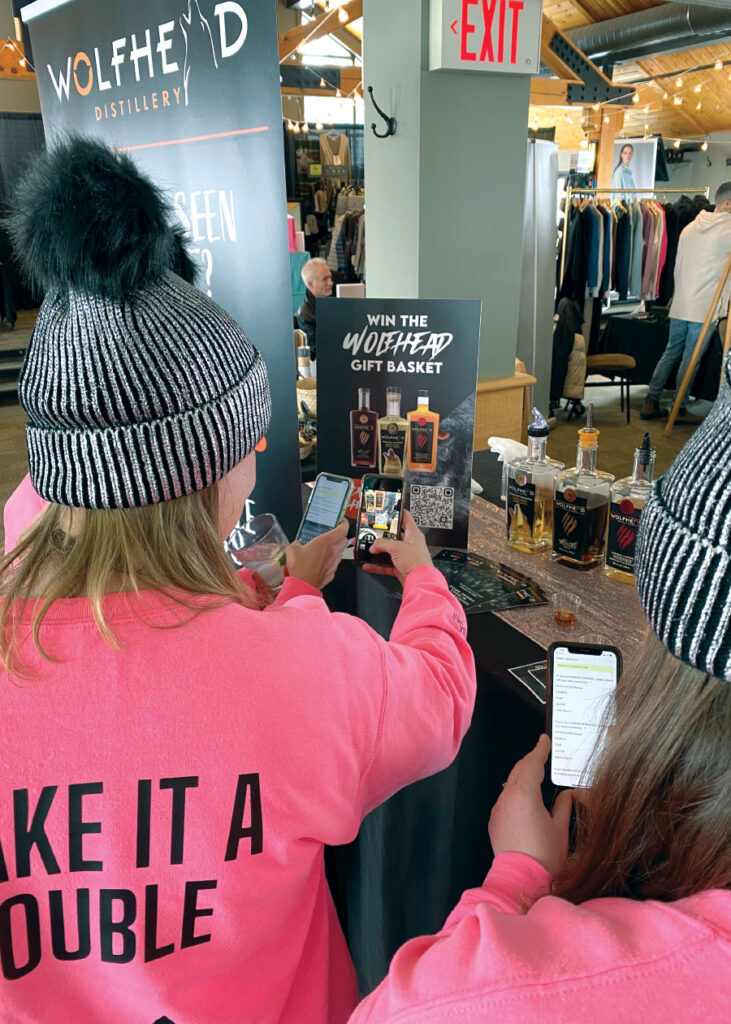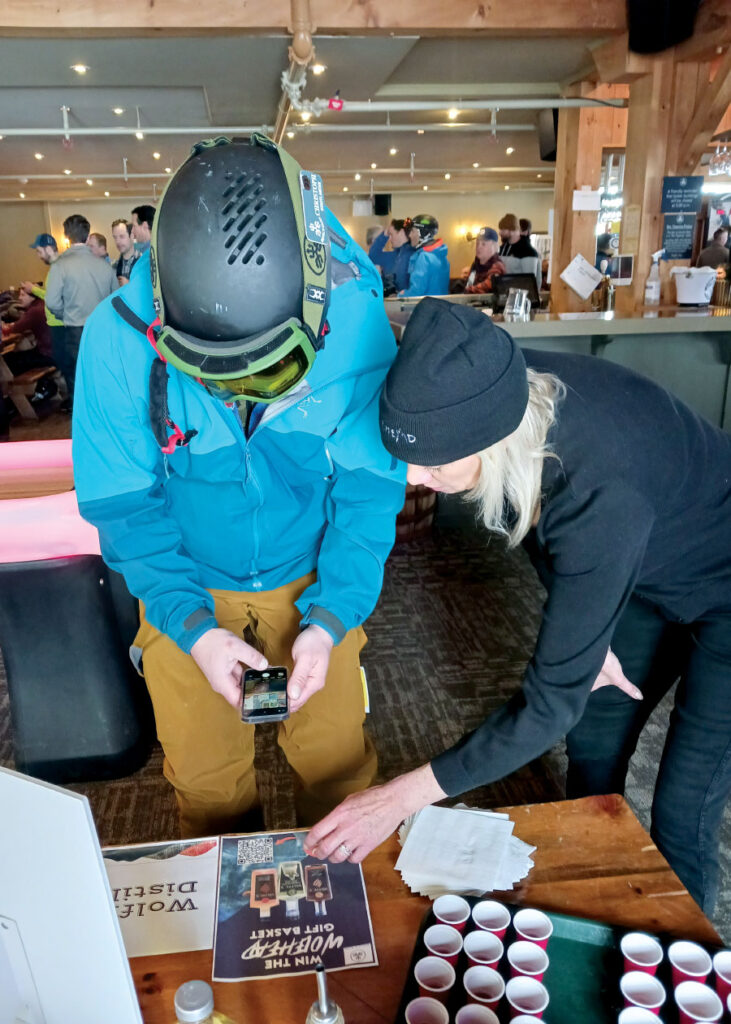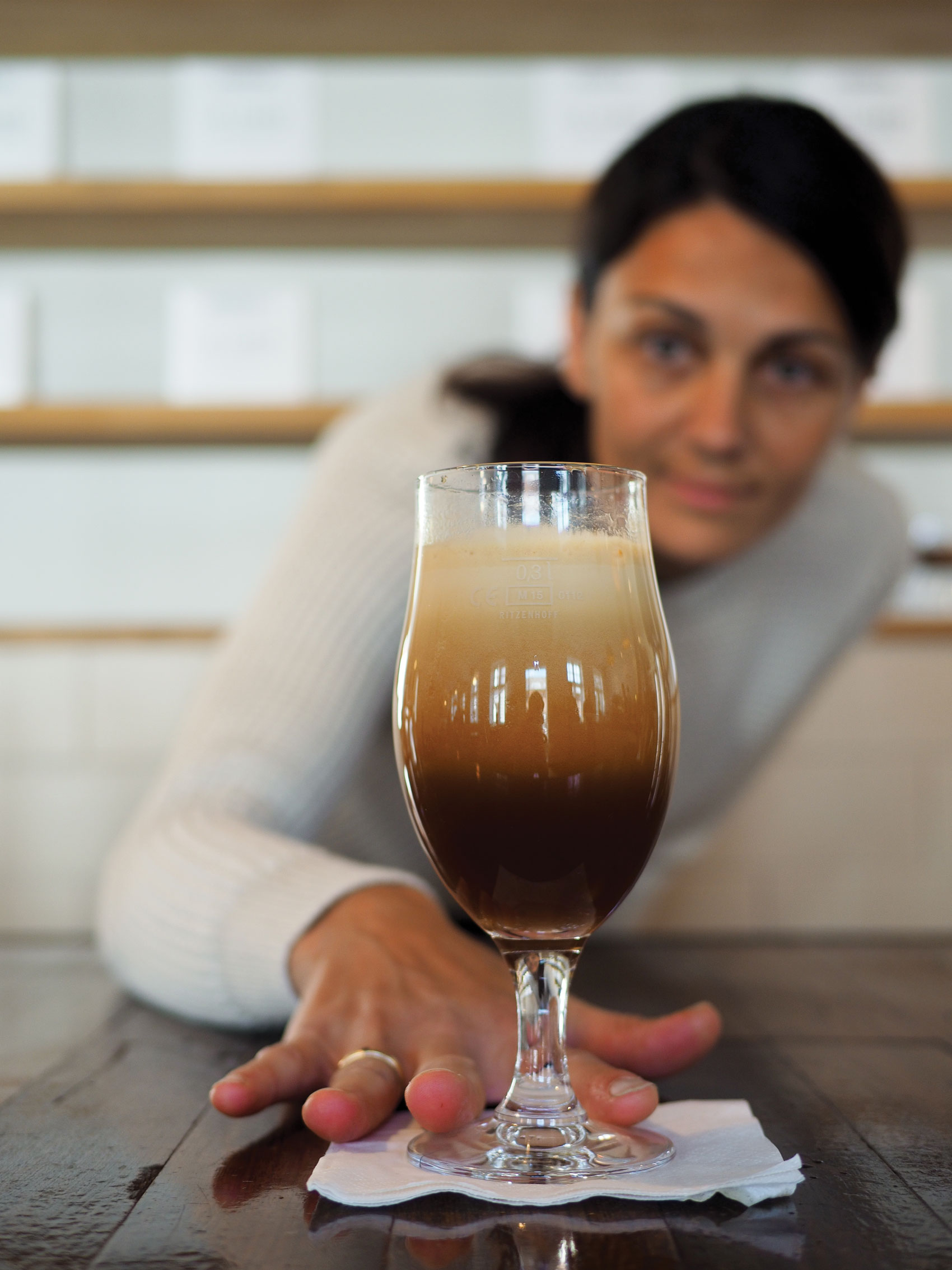In a world where consumer engagement is paramount, Smart XM emerges as a leader in experiential marketing, setting itself apart with a unique blend of traditional face-to-face interactions and cutting-edge technology.
“Smart XM is an experiential agency,” said Ken Kuzmich, Smart XM founder. “We do events, face-to-face interactions with consumers, sampling and those kinds of activities. We do it like most agencies, with a brand ambassador, face-to-face, but we use technology to enhance the experience.”
At first glance, the name Smart XM might evoke images of a radio station, but the reality is far more dynamic. Central to Smart XM’s strategy is the innovative use of QR codes. Unlike the standard QR codes that simply link to a website, Smart XM’s QR codes are interactive and data rich. “We use QR codes to capture consumers’ contact information so that we can go beyond the one-and-done interaction,” said Kuzmich. “Typically, a sample is given out, and then the brand ambassador waves goodbye to the consumer. And that’s it. It’s over. But there’s so much potential to do more.”
These smart QR codes engage consumers by asking questions, collecting data and displaying content, providing a more interactive experience than traditional methods.
“Not all consumers comply because they worry about privacy and being bombarded with emails,” said Kuzmich. “We’ve done this in about 15 to 20 different events. Although it’s new for us, we’ve piloted it and get a good response when incentivized. You need to offer something in exchange for their contact information.” Kuzmich says by offering incentives, such as contests, rebates or chances to win gift baskets, Smart XM has managed to encourage higher levels of participation, helping alleviate some of these hinderances for clients.
The journey from initial deployment to the current iteration of Smart XM’s technology has been a learning process. “The human element is still crucial,” said Kuzmich. “Brand ambassadors need to approach consumers in a way that makes them feel comfortable about providing their data.”
This involves more than just presenting a QR code. It requires a well-trained ambassador who can communicate the value exchange and reassure consumers about privacy concerns. Kuzmich says a successful brand ambassador must be part salesperson and part marketer.
“Typically, a sample is given out, and then the brand ambassador waves goodbye to the consumer. And that’s it. It’s over. But there’s so much potential to do more.”
Ken Kuzmich, Smart XM
“They need to sell the brand and have their elevator pitch down pat because they only have 30 to 60 seconds with the consumer,” he said. “They must be succinct, convincing and knowledgeable about the brand.”
For beverage alcohol brands, traditional metrics of success in sampling often include the number of samples given out or event attendance. However, Kuzmich says there are limitations to these metrics. “These metrics are often anecdotal and clichéd, and don’t provide real insight,” he said. “With our technology, we can capture potential consumers’ information, ask specific questions and measure purchase intent. This data helps brands make informed decisions.”
By capturing detailed consumer data through their technology, Smart XM can offer more precise measurements of purchase intent and other valuable insights, enabling brands to make more informed decisions about their marketing strategies. “Clients are often amazed that we can do this,” said Kuzmich. “They love the data, which helps them decide whether to continue or modify their sampling strategies.”


This data-driven approach has proven its value in several success stories, such as a tequila brand that effectively used collected contact information to drive sales through targeted discounts and future communications.
“The first time we used this technology was for Los Arango [Tequila] at a tequila expo,” said Kuzmich. “Consumers wanted to participate, and we used that contact information to inform them about discounts and incentivize purchases.”
Kuzmich says the future of Smart XM focuses on a broader application of their technology. “There’s actually a second company we’re developing that uses this technology to enhance packaging, point of sale and retail,” he said. “For instance, a QR code on a bottle could provide detailed product information that goes beyond what is possible with a traditional label.”
For Kuzmich, this extension of their technology opens up new avenues for consumer engagement and information dissemination.




